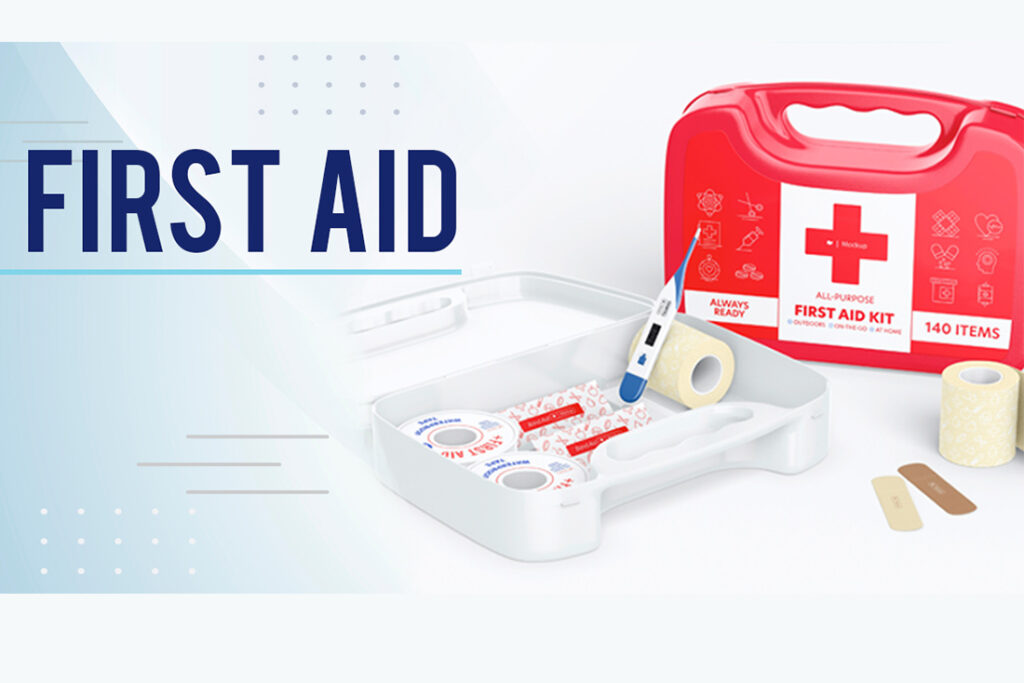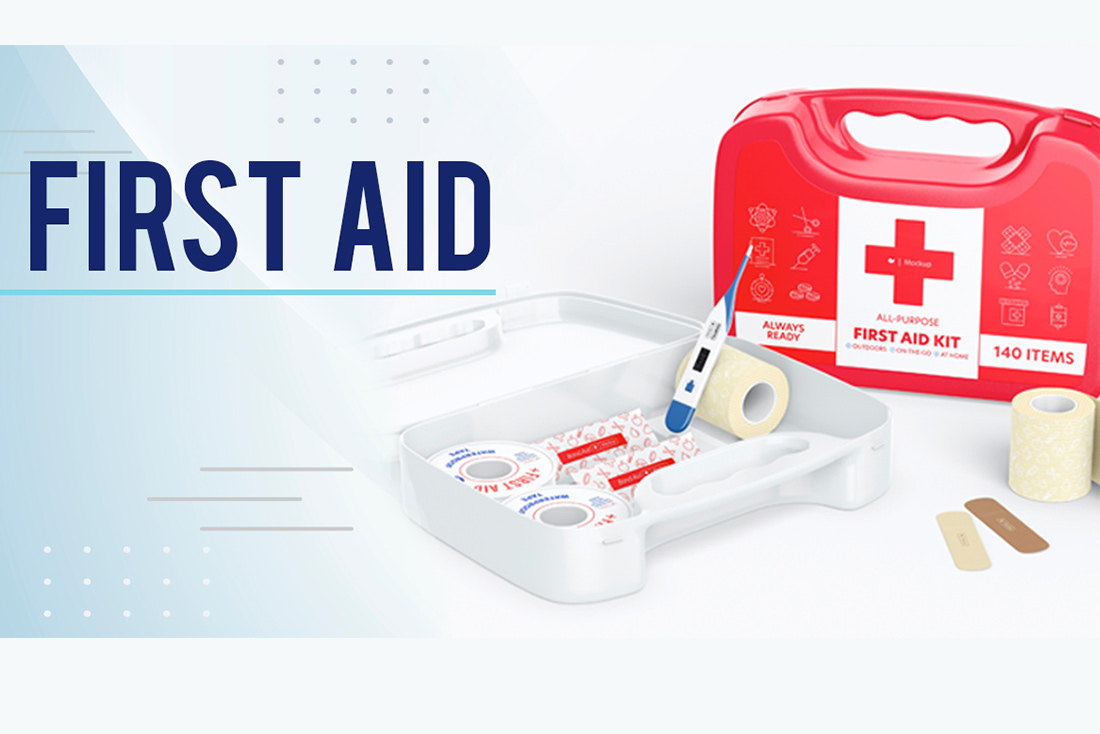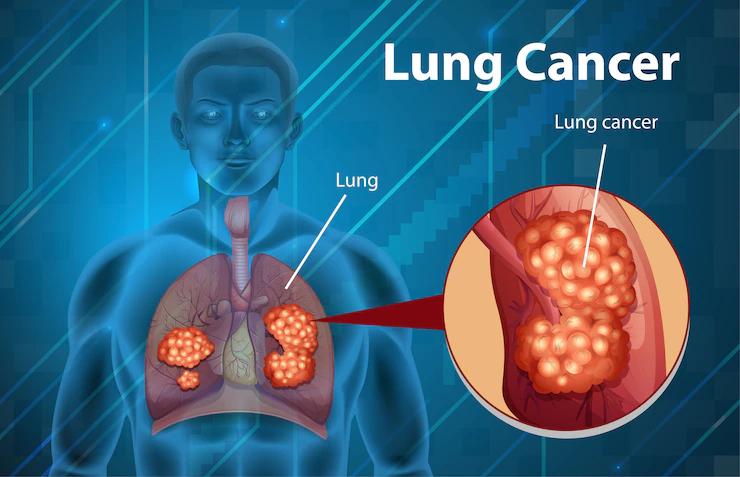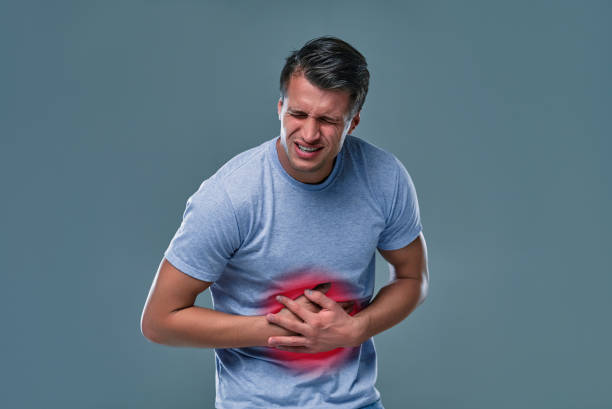Introduction
Emergencies can strike at any moment, and knowing how to respond can make all the difference. Whether it’s a minor injury or a life-threatening situation, first-aid knowledge equips you to take immediate action and potentially save a life. At Ethics Multispeciality Hospital, we believe that awareness and preparedness are crucial. In this guide, we’ll explore essential first-aid procedures to handle everyday emergencies effectively.
Essential First-Aid Procedures for Common Emergencies
From minor cuts to severe injuries, understanding basic first-aid techniques can help you provide timely assistance. Here are some common emergencies and how to manage them:
1. Cuts and Bleeding
- Clean the wound with water and mild antiseptic.
- Apply gentle pressure with sterile gauze to stop bleeding.
- Cover with a bandage and seek medical attention for deep cuts.
2. Burns and Scalds
- Hold the affected area under cool (not cold) running water for at least 10 minutes.
- Avoid applying ice or popping blisters.
- Cover with a sterile, non-stick dressing to protect the skin.
3. Sprains and Strains
- Follow the R.I.C.E method: Rest, Ice, Compression, Elevation.
- Avoid putting weight on the injured limb.
- Seek medical help if pain or swelling persists.
4. Choking
- Encourage coughing if the person is conscious.
- Perform back blows and abdominal thrusts if necessary.
- For infants, use gentle back slaps while keeping them tilted downward.
5. Drowning and CPR (Cardiopulmonary Resuscitation)
- Remove the person from water and check for breathing.
- If unresponsive, perform CPR immediately (30 chest compressions and 2 rescue breaths per cycle).
- Continue until emergency help arrives.
6. Allergic Reactions (Anaphylaxis)
- Look for signs like difficulty breathing, swelling, and hives.
- Use an epinephrine auto-injector (EpiPen) if available.
- Seek immediate medical attention.
7. Electrical Shocks
- Do not touch the person if they are still in contact with the electrical source.
- Turn off the power if possible before assisting.
- Check for breathing and pulse, and administer CPR if necessary.
8. Stroke (F.A.S.T Method)
- Face: Ask the person to smile; look for drooping.
- Arms: Ask them to lift both arms; see if one drifts down.
- Speech: Check for slurred speech.
- Time: Call emergency services immediately if symptoms appear.
Why First-Aid Knowledge is Essential
First-aid is not just about treating wounds—it’s about being prepared for critical moments. Having basic first-aid skills can:
- Prevent a minor injury from becoming severe.
- Provide immediate relief while waiting for professional help.
- Boost confidence in handling emergencies at home, work, or public spaces.
- Save lives by ensuring prompt and appropriate care.
Conclusion
At Ethics Multispeciality Hospital, we emphasize the importance of first-aid knowledge for everyone. Accidents are unpredictable, but your ability to respond can make a life-saving difference. Equip yourself with these essential skills and be ready to take action when needed. Because when every second counts, your preparedness can be the key to survival.







